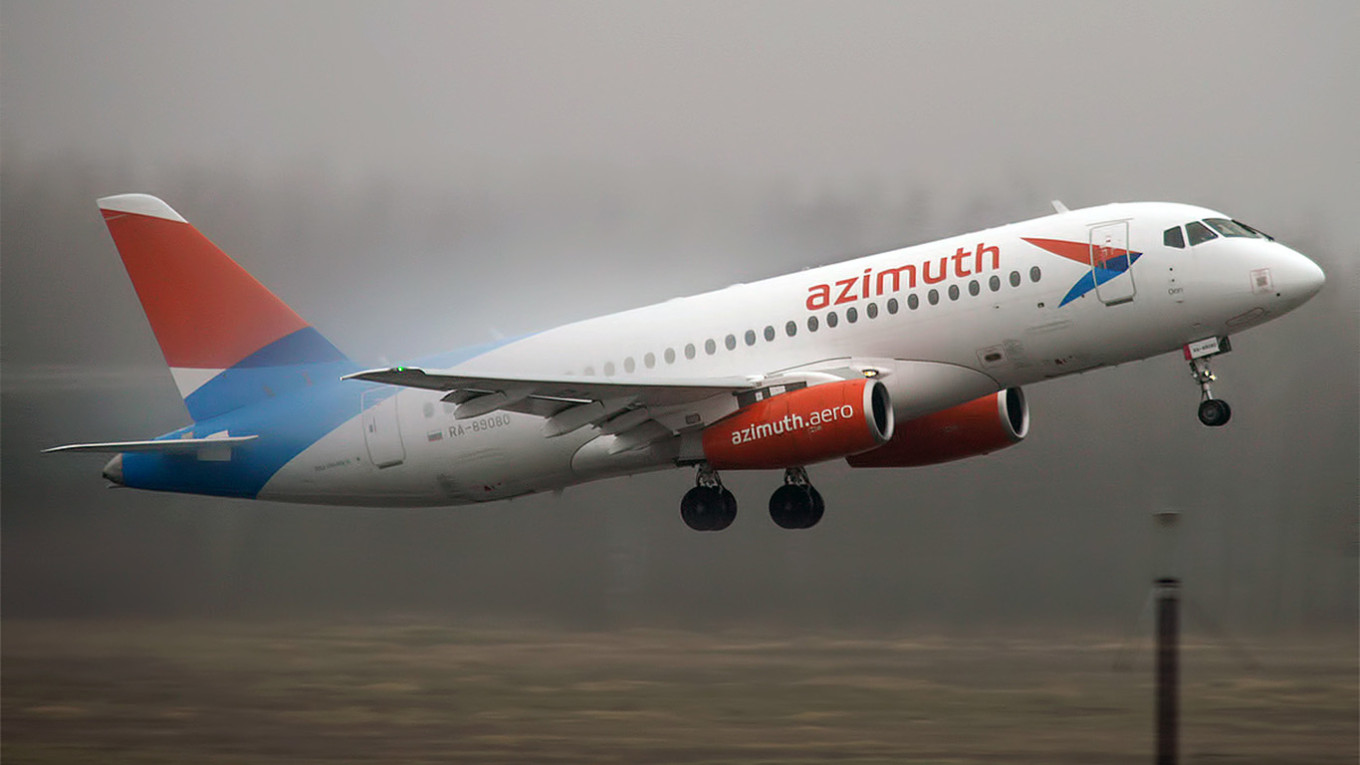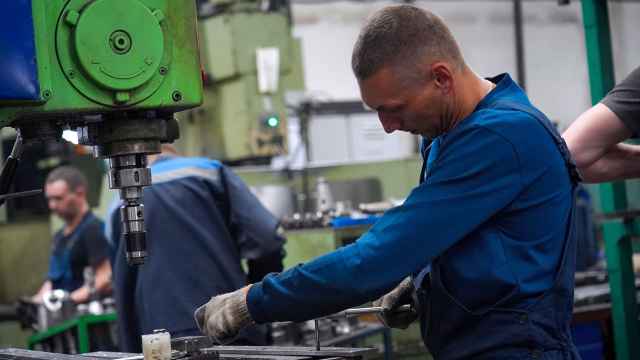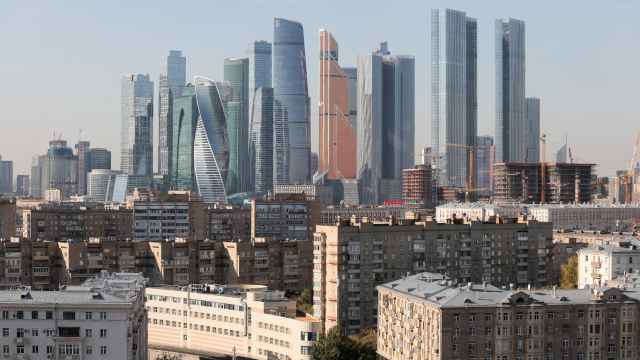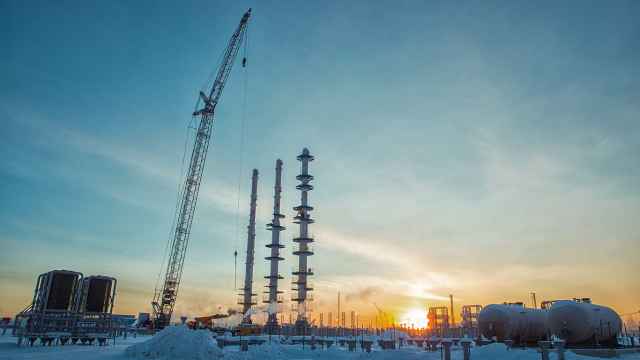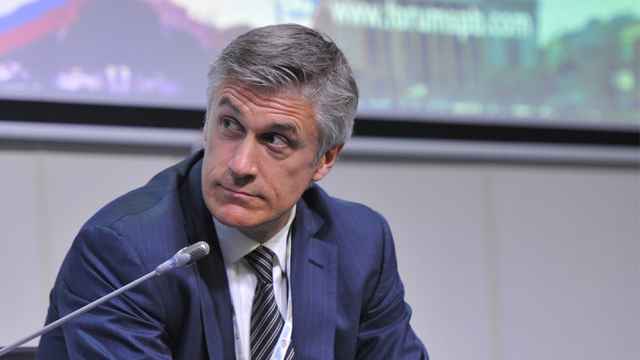Russia's United Aircraft Corporation (UAC) announced Monday the dismissal of the CEOs of its subsidiaries Yakovlev and Tupolev, amid challenges in ramping up domestic aircraft production under Western sanctions.
“Andrei Boginsky, CEO of Yakovlev, and Konstantin Timofeev, Managing Director of Tupolev, are leaving their posts,” UAC said in a statement.
Yakovlev, responsible for the SJ-100 — formerly the Sukhoi Superjet 100 — and Tupolev were recently merged into UAC under an order from President Vladimir Putin. The SJ-100 program is central to Russia’s efforts to develop a domestic fleet.
The shake-up also follows a high-profile incident in which one of the company’s flagship jets, the SJ-100, caught fire after landing in Turkey on Sunday night. All passengers were evacuated safely in that accident.
UAC said it would assume direct management of Yakovlev and Tupolev, citing the urgency of “launching serial production of domestic civil airliners” in an “unprecedentedly short period of time.”
“The transfer of management to the level of the UAC parent company will make it possible to concentrate all the corporation’s resources on completing the specific tasks of certifying and launching the serial production of the domestic civil airliner fleet on time,” the company said.
Prime Minister Mikhail Mishustin reportedly ordered Boginsky’s dismissal over what was described as a “collapse” of the country’s civil aviation program, according to the business newspaper Kommersant. However, another industry source denied this account.
Russia’s aviation industry has faced severe setbacks since the 2022 invasion of Ukraine, with sanctions restricting access to critical parts for Airbus and Boeing models.
The government has pledged over $2.7 billion to develop domestic aircraft, including Yakovlev’s SJ-100 and the MC-21, a narrow-body jet comparable to the Boeing 737 and Airbus A320. However, the MC-21's rollout has been repeatedly delayed, with entry into service now expected no earlier than 2025.
Half of Russia’s Airbus A320neo fleet has been grounded due to unresolved engine issues exacerbated by Western sanctions, Kommersant reported last week, further highlighting the strain on the industry.
Moscow aims to produce more than 600 planes by 2030 to replace its aging Western fleet, but questions remain over production capacity and timelines.
AFP contributed reporting.
A Message from The Moscow Times:
Dear readers,
We are facing unprecedented challenges. Russia's Prosecutor General's Office has designated The Moscow Times as an "undesirable" organization, criminalizing our work and putting our staff at risk of prosecution. This follows our earlier unjust labeling as a "foreign agent."
These actions are direct attempts to silence independent journalism in Russia. The authorities claim our work "discredits the decisions of the Russian leadership." We see things differently: we strive to provide accurate, unbiased reporting on Russia.
We, the journalists of The Moscow Times, refuse to be silenced. But to continue our work, we need your help.
Your support, no matter how small, makes a world of difference. If you can, please support us monthly starting from just $2. It's quick to set up, and every contribution makes a significant impact.
By supporting The Moscow Times, you're defending open, independent journalism in the face of repression. Thank you for standing with us.
Remind me later.


